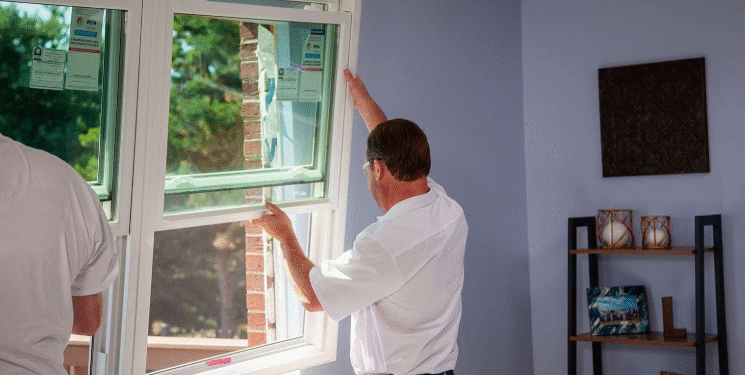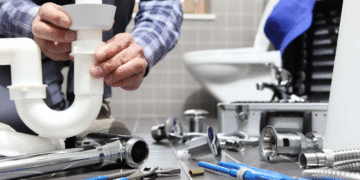Windows influence a home’s look and energy efficiency. Over time, your window may begin to show signs of wear and deterioration. Being aware of these signs can help make sure that the home continues to meet modern standards of comfort and safety. Here are a few of the major indicators that show when window replacement is necessary:
Visible Damage
The first area that shows visible changes is often the glass. Years of temperature changes can cause cracks, creating lines that affect clarity. Even minor chips may spread with the change of seasons, gradually reducing the glass’s strength. When these changes display in several panes, replacement becomes a necessary step for restoring reliability.
Frames are also significant areas to observe. Wooden frames may become soft or swell when exposed to moisture over a long period. Vinyl and composite can warp with regular heat, causing alignment changes. You should also look for areas with peeling or chipped paint. Exposed surfaces allow moisture and light to penetrate the underlying material. Such signs of damage indicate that a window replacement is necessary, and professionals have the tools and experience to complete it quickly.
Difficult Operation
Humid weather can cause your window to stick when opening or closing. Sliding tracks may also start to curve, leading to friction. Even metal components can become tight, causing them to resist smooth operation. Windows should be able to open and close smoothly to provide easy access.
Older windows may have mechanical components that start to wear. After years of use, sash weights, pulleys, and hinges may not work as intended. Casement windows may not swing evenly, affecting their function. Upgrading your windows allows you to address all of these issues. Reputable window replacement providers will offer a variety of window types that open and close easily.
Air Leaks
When seals age, gaps tend to appear along the slides and sill. Even small openings allow outside air to circulate indoors, altering the room’s temperature. Consistent drafts in your home can indicate that it is time to replace your windows.
Another obvious indication is condensation between panes. Double- and triple-pane windows rely on sealed layers to trap insulating gases, which prevent heat transfer. The presence of moisture in this area indicates that the seal is no longer intact. Since condensation cannot be easily removed, the most suitable response is to replace the entire window unit.
Other indicators are the observable temperature variations around window locations. When one side of a room is cooler or warmer, it may be due to air movement around the frame. Curtains or blinds that move unexpectedly also indicate air circulation through gaps and cracks. This leakage can be easily addressed by replacing the window and frame.
Noise Concerns
Sound transfer is a good measure of window performance. The capacity to dampen external noise may reduce as materials age. Houses that are close to traffic, schools, or busy neighborhoods can experience increased sound levels over time. Window replacement helps restore quieter interiors and supports a more comfortable living space.
Light Damage
Light control is also significant. Older windows may allow sunlight to fade fabrics, wood, or painted surfaces indoors. This normally occurs when the protective coatings on the glass have worn down. Such changes can be avoided by installing treatments that filter ultraviolet rays.
Natural light is another key factor. Smaller glass areas limit brightness compared to modern designs. Many homeowners replace them with larger panes to bring in more daylight. This improves both the usability and visual appeal of interior spaces.
Work With a Window Replacement Company
Windows that exhibit visible wear, present operational challenges, allow drafts, increase noise, or lack modern features are likely to benefit from replacement. Replacing your windows promptly helps maintain your home’s functionality and appearance. Contact a replacement company to install windows that meet your goals and requirements.










